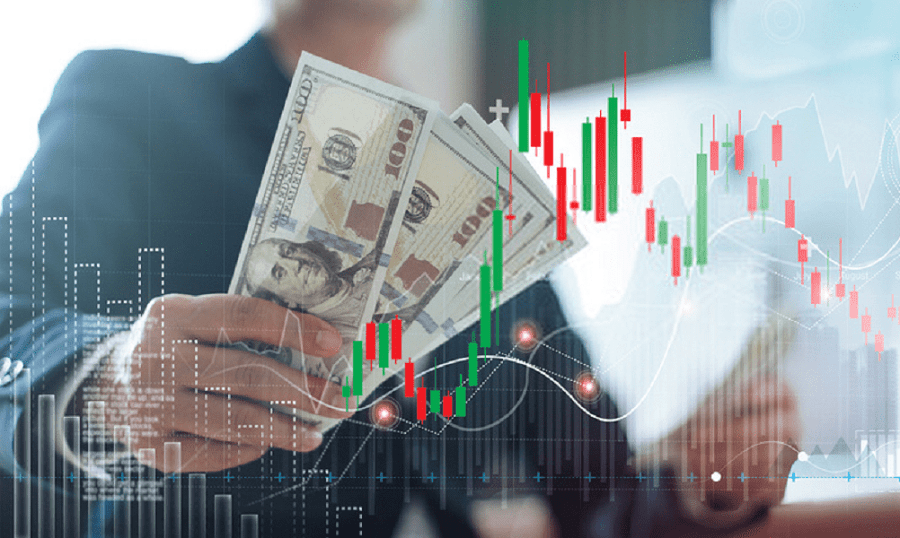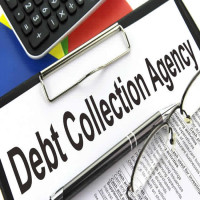What Happens When Borrowers Don’t Pay Back? A Bank’s Guide to Debt Recovery

Strong 8k brings an ultra-HD IPTV experience to your living room and your pocket.
Unpaid loans are a growing concern for financial institutions worldwide. For banks, when borrowers fail to repay their obligations on time, it doesn’t just affect cash flow it triggers a chain reaction of risk, regulatory pressure, and financial reporting complications.
In this guide, we’ll explore what happens when borrowers default on loans, and how structured, compliant debt recovery processes particularly corporate debt collection agency in dubai help banks mitigate risk and recover losses efficiently.
Understanding Loan Default: The Real Cost to Banks
When a borrower stops making repayments beyond a certain grace period, the account is classified as a Non-Performing Loan (NPL). This label has serious consequences for banks:
It reduces revenue and profitability
Affects credit ratings and compliance standing
Forces banks to increase provisioning for bad debts
Creates reputational risk and customer trust issues
Unpaid loans impact a bank’s balance sheet, regulatory compliance (like Basel III guidelines), and even its stock value. That’s why recovery is not optional it’s a business-critical function.
What Triggers Loan Default?
There are several reasons borrowers stop repaying:
Personal or business cash flow issues
Job loss or bankruptcy
Market disruptions or inflation
Intentional evasion or fraud
Poor loan underwriting or due diligence
Understanding these triggers helps banks tailor debt collection strategies accordingly especially when working with corporate debt collection partners.
The Stages of Bank Debt Recovery
1. Internal Collections
Initially, the bank’s internal team may send reminders or initiate soft collection calls. At this stage, the bank still maintains customer relations and encourages voluntary repayment.
2. External Collection Agencies
If internal recovery fails, banks typically outsource the account to a licensed debt collection company. These agencies act under regulatory frameworks and are trained in borrower communication, negotiation, and compliance.
For corporate borrowers, this stage is critical. Corporate debt collection involves analyzing financial documents, restructuring repayment plans, and even negotiating settlements.
3. Legal Action and Asset Recovery
When cooperation is not possible, legal steps may be taken. This could include:
Issuing legal notices
Filing a civil suit
Enforcing collateral recovery
Initiating foreclosure or asset seizure
In many jurisdictions, including the UAE, these steps must follow strict legal guidelines making it essential that banks work with experienced recovery partners.
The Role of Debt Collection Companies
Trusted agencies like Green Lines Company support banks by offering:
Professional negotiation with defaulters
Tracing and verification of borrower contact details
Structured settlements and rescheduling options
Legal documentation and case filing support
Asset tracing and foreclosure execution
By taking over the technical and legal burden of recovery, debt collection companies allow banks to focus on core operations.
Maintain accurate borrower records and documentation
Engage a qualified corporate debt collection partner
Use data-driven methods for prioritizing recovery
Balance firmness with legal and ethical standards
Partnering with Green Lines Company for Debt Recovery
At Green Lines Loans Rescheduling Services LLC, we help banks manage loan defaults with:
End-to-end corporate debt collection services
Mortgage recovery and rescheduling
Distressed asset sales and settlement solutions
Real estate and rent collection
Vehicle and asset tracing
CPV (Contact Point Verification)
Legal and litigation support
Our team is experienced, licensed, and committed to transparent, ethical recovery.
Conclusion
Loan defaults are inevitable in any credit-driven economy, but their impact on banks can be minimized. With structured, compliant, and professional debt recovery processes, especially with a focus on corporate debt collection, banks can reduce losses, maintain credit discipline, and uphold regulatory compliance.
To manage your bank’s debt recovery effectively and legally, trust Green Lines Loans Rescheduling Services LLC your expert partner in loan recovery, asset tracing, and borrower engagement.
FAQs
Q1. What happens if a borrower doesn’t repay a bank loan?
The account is flagged as delinquent or non-performing, leading to recovery procedures or legal action.
Q2. Why do banks use third-party debt collection agencies?
They ensure faster, legal, and professional recovery without burdening internal teams.
Q3. What is corporate debt collection?
It refers to recovering overdue payments from businesses and commercial borrowers through structured legal and negotiation techniques.
Q4. Can loan defaulters face legal action in the UAE?
Yes. Legal notices, civil suits, and asset recovery processes can be initiated under UAE law.
Q5. How soon should banks act after a loan default?
Banks should begin recovery processes within the first 30–90 days to improve chances of repayment.
Note: IndiBlogHub features both user-submitted and editorial content. We do not verify third-party contributions. Read our Disclaimer and Privacy Policyfor details.


